
Are you familiar with the phrase “putting the cart before the horse?”
My great-grandparents spoke in pithy English proverbs like that (they came from pithy English stock) – the cart before the horse idiom being one of my great grandfather’s favorites. He liked to use it with my younger brother who frequently got ahead of himself with projects or projections.
In case you’re not familiar with this phrase, it means getting things in the wrong order. In the days of horse drawn carriages, it wouldn’t do to place the carriage in front of the horse meant to pull it along.
We live in the days of “cart before the horse” congregations.
After reading the Biblical passages on mercy, I’m thinking that the reason I don’t hear any sermons about mercy is because mercy is for the guilty. And because we don’t spend much time talking about the guilty in church any more, it’s reasonable to think we also wouldn’t be talking about mercy.
If we’re all okay just the way we are, who needs mercy? Right? (There is another group that needs mercy but that’s the next blog post.)
People who aren’t guilty don’t seek mercy.
Innocent people seek justice – they want what they deserve. Guilty people have no desire to receive their just deserts.
The American churches are not filled with people who see themselves as guilty but with people who think they’re mostly okay. If pressed, they would admit to not being perfect but they don’t truly see themselves in need of an extreme makeover, just a few spiritual enhancements.
Most of us approach Jesus as though He were merely a system upgrade.
This thinking happens in people who have walked with the Lord for a long time. They can forget that from which they were saved and, having renounced open immorality, they can become blind to their current sins like greed, pride or self-righteousness.
And this thnking can affect new believers today who are often drawn to Jesus, not by conviction of their sinful state, but through the promise of a better life, as if Jesus were the ultimate self-improvement guru and that by invoking His name, they will make their own good deeds and good intentions count toward holiness. Sort of a sanctified self-actualization.
Too often, we’re so uncomfortable with prolonged discussions of sin and guilt that we rush people to the altar and sweep their sins under the rug rather than place them at the foot of the cross of Jesus. This isn’t salvation, this is cart before the horse conversion. And it doesn’t take long to see that it leaves people spinning their wheels, getting nowhere fast.
When we fall victim to this kind of thinking, we often see no need for mercy.
And the problem with that is that, not fully conscious of having received mercy, we don’t know how to extend it when the person next to us needs it!
God says this in Proverbs 28:13-14 “Whoever conceals their sins does not prosper, but the one who confesses and renounces them finds mercy. Blessed is the one who always trembles before God, but whoever hardens their heart falls into trouble.”
Perhaps, what we might call “liberal” churches, don’t give enough airtime to sin and guilt (concealing their sin) so no one recognizes the need for a merciful God because the innocent don’t need mercy.
Meanwhile, many so-called “conservative” churches don’t spend enough time remembering that they have an ongoing need for mercy, that their own sanctification is not to their credit but to Christ (thus failing to always tremble before God) and so they are hamstrung when it comes to extending mercy to those around them.
I don’t think the answer is to spend all our time focused on sin or returning to a “what a wretched worm am I” mode of operating but a focus on mercy could be the path that sets our horse back in front of our cart.
If we became students of mercy, we would first have to ask the question “why do we need mercy?” God makes a point of saying He is merciful. Why does mercy matter? This question would have to lead us to our guilt – not just before we are saved but our ongoing struggle with our sin nature as believers.
This common ground of sin and guilt combined with our common need for mercy should move us all, not only closer to God but also to one another.
This isn’t really an answer providing blog post, I know. I’m wrestling this out in public view because I’m not an only child – God has placed me into a family of believers and I know there are others out there who will join me in this study and meditation of mercy – what it means for the church today, what it means for our relationship with God and with others, its implications for outreach and for ministry.
Are those of us who call ourselves believers, people of mercy? Would those who know us describe us as merciful? (or do they feel about us as David did the people he was fighting: “ David said to Gad, “I am in deep distress. Let us fall into the hands of the LORD, for his mercy is great; but do not let me fall into human hands.” 2 Samuel 24:14)
Do we cry out for mercy ourselves? Why or why not? Have we forgotten that we need it? Are we victims of cart before the horse theology that seeks mercy without acknowledgment of sin and guilt? Is that why so many of us are at a standstill in our spiritual growth? Now, I’m just rambling.
Tell me your thoughts – I’m hungry for dialog about mercy and the modern church.

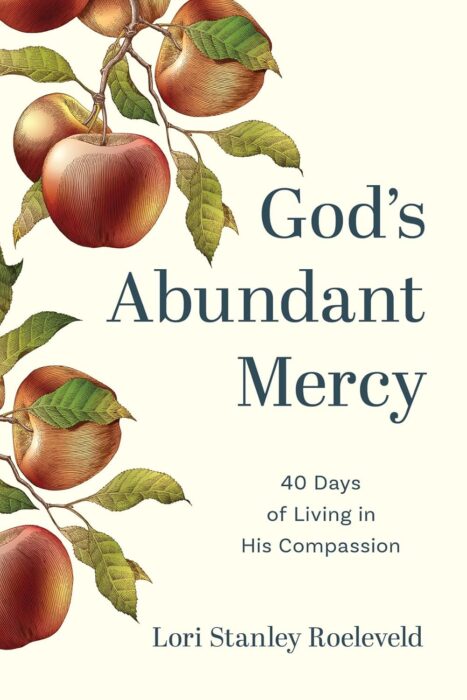
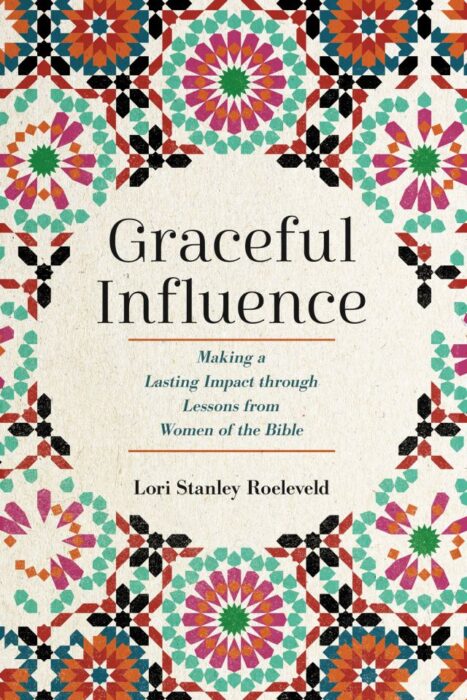
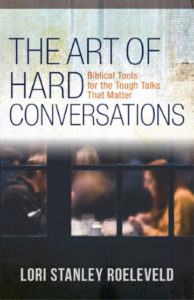
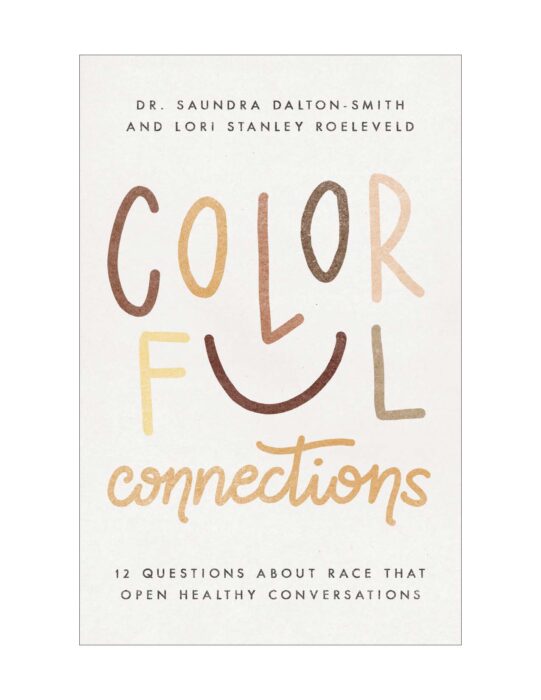

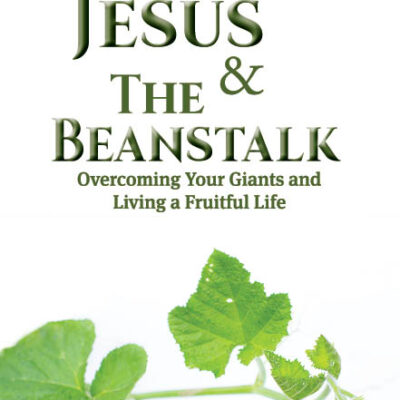





The Conversation
Love it, Lori! I heard this quote just yesterday but can’t remember who said it, it was on the radio, “Grace is receiving something we don’t deserve. Mercy is not receiving what we do deserve.”
I think this is one of the reasons why expository preaching is so useful. You’re going to get to the various topics in time. This week our church heard a sermon from John about Peter’s betrayal of Jesus…and his subsequent restoration. The fact that we all, like Peter, say “I would NEVER do that”. Yet we do, daily, in the moment, deny Jesus by saying yes to ourselves instead of taking up our crosses. Yet, though we all fail, we like Peter can be restored if we come to God admitting our sin and our need for Christ. And we need forgiveness whether we are coming to Jesus for the first time, or as someone who has lived the Christian life for many years and has fallen once again.
That’s my husband Pastor John, not the book of John. Just to clarify.
I heartily agree (and I love John’s preaching – your husband, that is!)Great point.